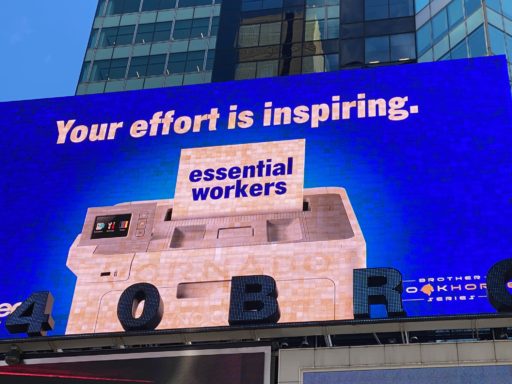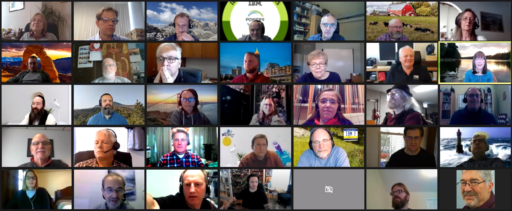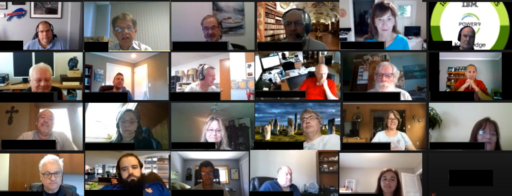“Congratulations, you’re an IBM Champion!” And so went the email subject line I received in late 2018 for the upcoming calendar year. The email continued, “Hello, and welcome! After reviewing and evaluating your contributions to the IBM technology community over the past 12 months, IBM is happy to announce that you have been selected as an IBM Champion for 2019.“ As I am now finishing my second year as an IBM Champion, I would like to share what the program means to me, the benefits of the program, and information about the nomination process itself.
On being an IBM Champion
Being a part of this program has positioned my career to a higher trajectory. Below I have listed just a few of the many reasons of what being an IBM Champion means to me.
- Community – Being a speaker in the IBM i community for many years has allowed me to expand my business relationships and friendships with like-minded professionals quite literally around the globe. It is true, with the added value of the Champion program, that my professional universe has expanded many, many times, giving me unique access to some of the top people in their area of expertise. There is an inherent global camaraderie that is second to none.
- Validation – The IBM Champion program is highly respected in the community and belonging to this program affirms my commitment to both IBM and my overall career goals. It also creates incentive to not only continue my community contributions, but to expand how I deliver this expertise.
- Success begets success – Having access to relevant industry information enhances my professional standing. It also provides me with the opportunities to more deeply research technologies and movements that I may not have been exposed to otherwise. This in turn allows me to share topical information with my own customers and business associates. It is a true circle of knowledge distribution.
Some recent cool examples of events I learned about through the program:
IBM Expert TV – www.ibm.biz/experttv – Free shows, featuring expert advice on AI, automation and cloud
Call for Code – www.ibm.biz/callforcode – “Invites developers and problem solvers around the world to build solutions that fight back against the most pressing issues of our time.”
Project Debater – www.ibm.biz/debater – “The first AI system that can debate humans on complex topics.” In addition, you can join in on an active debate at www.ibm.com/debatable
The benefits: Champions to the left of me, champions to the right
The Champion program is not about one platform or technology. Instead, its members span a wide breadth of IBM expertise and experience. For example, my specialty is IBM i and I am listed in the Power Champion group. Champions are nominated and selected every 12 months, and the term runs from January 1st to December 31st. From the IBM Champion website – “IBM Champions are experts and thought leaders around IBM products, offerings, and technology. And they are driven to share their knowledge and expertise to help others.”
To learn much more about the program details, visit the IBM Champion website www.ibm.biz/champions. On this site you will be introduced to the program director, Libby Ingrassia. Watch this informative welcome video, in less than four minutes you will have a much deeper understanding of the program’s full scope and mission.
Qualifications and nominations
Quoting again from the IBM website, “IBM Champions are experts and thought leaders around IBM products, offerings, and technology. And they are driven to share their knowledge and expertise to help others. IBM Champions are often answering questions, creating content, running user groups and events, and helping others in the community to better understand the possibilities their investment in IBM offerings brings.”
You can nominate yourself or someone else who you feel fits these criteria. Learn more about the nomination process, including currently supported areas at https://developer.ibm.com/champions/#. **IMPORTANT** The nomination period will run through November 30th, 2020.
Putting it all together
The richness of access to and learning from top experts in many areas of technology is fantastic. Whether you are in the program or not, you can get readily engaged with IBM champions by searching for #ibmchampion on the popular social media platforms.





















